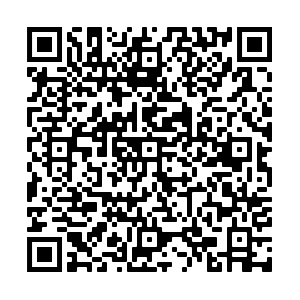Gut Instinct and the Whistle
The lifeguard puts the whistle in his mouth. Not because something has already happened, but because he knows it will.
Season’s end at Vienna’s Gänsehäufel lido. Spread out over 330,000 square meters, the last swimming heroines and heroes remain. Among them: us, with five nine-year-old girls and one seven-year-old boy. The ruler of the slide is a bearded man in overalls and a “Vienna Public Pools” T-shirt. At the very sight of the kids rushing toward him, he sighs knowingly. Moments later, the whistle shrills. Kids standing up in the slide and keeping too little distance prompt him to ask: “Are you crazy?” (imagine it in Viennese dialect).
The lifeguard has simply seen too much not to know what’s coming. His gut instinct is triggered automatically by the sight of group dynamics.
Seasoned instinct
That’s how it sometimes is with investing. Something shifts, and experience instructs our instinct. We rarely like to admit it. Instead, we first look for numbers that confirm our feeling. A tricky business because good analysis requires precisely the opposite: looking for the disconfirming evidence.
That’s why it’s better to say the emotion out loud: “Something doesn’t feel right. Let’s go through the potential risks in the portfolio.” That way, we move the discussion onto a rational level and tackle the questions that matter.
When euphoria gets expensive
The AI boom is currently fueling the U.S. stock market, driven by only a handful of names. Valuations look historically expensive, sparking unease. The good news: this is not reflected in the Gutmann equity strategy. Our approach ensures that free cash flow yield continues to hover around the average of the last eight years.
That makes it easier to hold on to solid business models even when the broader environment keeps prompting us to think twice.
Do you like this article?
Subscribe to our newsletter and stay up to date.
Newsletter subscriptionStay informed.
Learn more about Gutmann and our investment strategy.
Gutmann Journal

